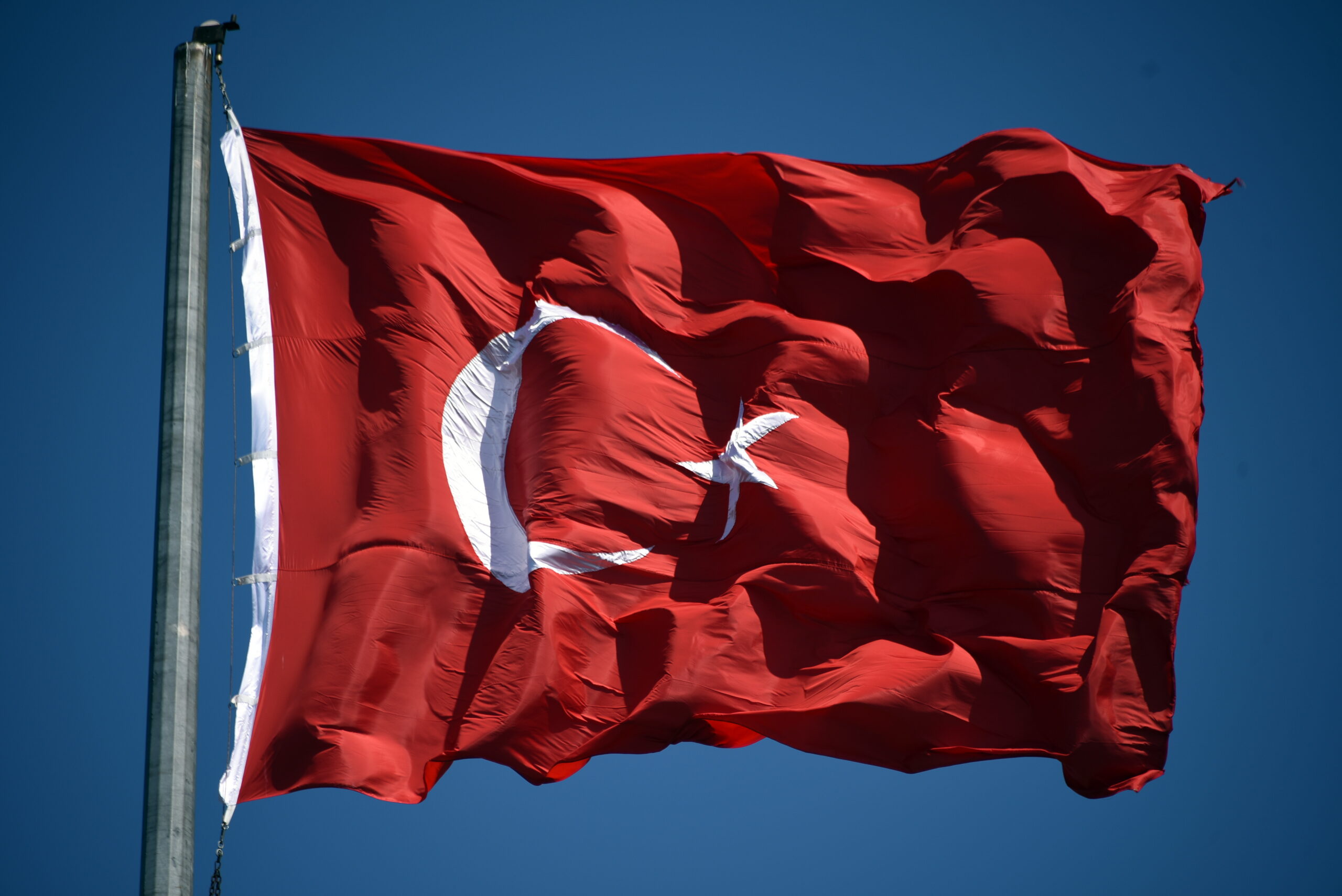Negotiating an end to the war in Ukraine is a formidable challenge as the war enters its fourth year, with peace remaining frustratingly out of reach. Despite international criticism, Russia continues its invasion, causing ongoing suffering for Ukrainian citizens. We must consider, why has traditional diplomacy failed to establish peace between Russia and Ukraine? What new tactics should Ukraine and the international community adopt for lasting peace?
Early Failings
The failure of diplomacy in the Russia-Ukraine war traces back to 2014, when former President Yanukovych abandoned an agreement with the European Union in favour of closer ties with Russia. This triggered mass protests, regime change in Kyiv, and Russia’s annexation of Crimea. Putin’s support for pro-Russian separatists in Donbas, justified as retaliation against NATO’s presence and “Russophobes,” further escalated tensions. Despite diplomatic efforts like the Minsk Agreements, two peace agreements signed to end the conflict in the Donbas, Russia repeatedly violated these treaties to prioritise state gain over international peace. Russia’s disregard for these agreements eroded trust and ended any meaningful diplomatic engagement.
While Ukraine was right to seek closer ties with Europe, its decision to abandon relations with Russia entirely in favour of supporting the European Union ultimately confirmed Russia’s worst fears of European expansion. The Ukrainian protests and subsequent regime change validated Putin’s concerns of an anti-Russian sentiment within Ukraine, which he viewed as a direct threat to Russian security. Maintaining a more balanced approach, where Ukraine sought to foster positive relations with both Russia and the EU, could have avoided the drastic polarisation that led to the 2014 revolt and Crimean annexation.
The international community’s failure to present a united front set a concerning precedent for similar future conflicts. Moving forward, this failure to act decisively could lead to more conflicts, as powerful nations feel emboldened to disregard international law without fear of consequences.
No Trust, No Peace Talks
A historic lack of trust between Russia and Ukraine is arguably the root cause of present-day negotiation struggles. In 2014, the downing of Flight MH17 by Russian-backed separatists, along with clear evidence of Russian military presence in Eastern Ukraine, solidified Ukraine’s scepticism toward Russia’s commitment to peace. While Ukraine does not trust Russia, the sentiment is arguably even stronger on Russia’s side. Putin perceives NATO’s expansion as a direct threat to Russia’s national integrity, fearing that Ukraine could be used as a pawn in a broader geopolitical struggle against Russia.
Given these breaches of trust, reestablishing bilateral relations between Russia and Ukraine seems impossible. Even with signed, internationally ratified peace agreements, Ukraine has no reason to believe they will be upheld. Russia has a history of defying formal treaties, and without substantial consequences beyond mild sanctions, there’s little to deter them from repeating these actions. To forgive Russia’s past breaches would set a dangerous precedent, allowing them to act with impunity and disregard international norms.
Multilateral efforts may provide a more successful outcome, particularly if Ukraine can secure a security agreement. A clause, or provision for international action if Russia were to break the treaty, could create a more balanced bargaining ground, preventing Russia from simply disregarding the agreement when it no longer suits them. A comparable model can be seen in the Iran Nuclear Deal (JCPOA), where a multilateral framework ensured compliance through clear international repercussions for violations. A similar approach could strengthen Ukraine’s security, reinforcing the agreement’s credibility and deterring Russia from unilaterally undermining it.
International Undermining
International forums have proven ineffective in addressing the Russia-Ukraine conflict. The United Nations Security Council (UNSC) attempted to pass a resolution demanding Russia’s withdrawal in 2022, but Russia vetoed it—an unsurprising move that highlighted important systemic concerns within the Core Five. A nation actively involved in a war should not have the power to block resolutions of that conflict. Nor should it retain its place as the regularly rotated head of the UNSC, the very body meant to ensure global security.
Similarly, the Organisation for Security and Co-operation in Europe (OSCE) failed to make progress toward peace. Despite working impartially to mediate the Ukraine-Russia dialogue, Russia vetoed its extension in April 2022 and effectively shut down a diplomatic channel that could have facilitated peace.
To address these systemic failures, the international community must adopt a stronger stance on conflict aggressors and restructure international forums to prevent states like Russia from obstructing peace efforts. Reforming the UNSC’s veto system would ensure that negotiations are not dictated by the interests of the most powerful actors, and that international forums serve their intended purpose: fostering peace and security. Russia should have their veto power suspended during UNSC discussions on the conflict in Ukraine to limit its ability to paralyse diplomatic action. When Russia can exert total control over the forum in this manner, it is expected that diplomatic efforts will continue to fail.
The Importance of Inclusivity
Excluding Ukraine from peace talks has deepened hostilities and divisions. While Ukraine has the most at stake in the war, major powers like the US and Russia seem to prioritise its own strategic interests, sidelining Ukraine’s sovereignty. The recent US-Russia discussions exemplified this, where Ukraine’s NATO aspirations were dismissed without its input, reinforcing perceptions of backroom deals that disregard Ukraine’s future. This reflects the failure of global powers to involve Ukraine in decisions that directly impact their security, allowing Russia’s interests to dominate the narrative.
Both Russia and Ukraine have been firm about their non-negotiable terms to end the war, which presents a concerningly dim future for peace talks. Putin’s firm stance on his terms demonstrates his desire to assert Russia’s influence while undermining Ukraine’s sovereignty. His refusal to compromise suggests that any bilateral or US-led negotiations will likely mimic those previously seen; one-sided discussions that fundamentally limit the prospect of a lasting peace.
We are beyond the point where a peaceful resolution to this conflict can be reached bilaterally. Furthermore, the US cannot be viewed as a reliable mediator, as their push for access to mineral deposits demonstrates prioritisation of its strategic interests over Ukraine’s sovereignty. Peace negotiations will now require greater international involvement, with global and regional powers taking a stronger, unified stance. Third-party mediation, supported by the international community, could foster accountability and make diplomacy more viable. It would also allow regional actors who are directly impacted by the conflict, access to the negotiations. Without this intervention, negotiations will remain skewed, and Russia’s obstructionist tactics will continue unchecked.
Alexandra Smalley is a Master of Diplomacy student at the Australian National University, and the Digital Production intern for the AIIA National Office. She also attended a local Ukrainian school while living in Kyiv, Ukraine from 2015 to 2017.
This article is published under a Creative Commons License and may be republished with attribution.




